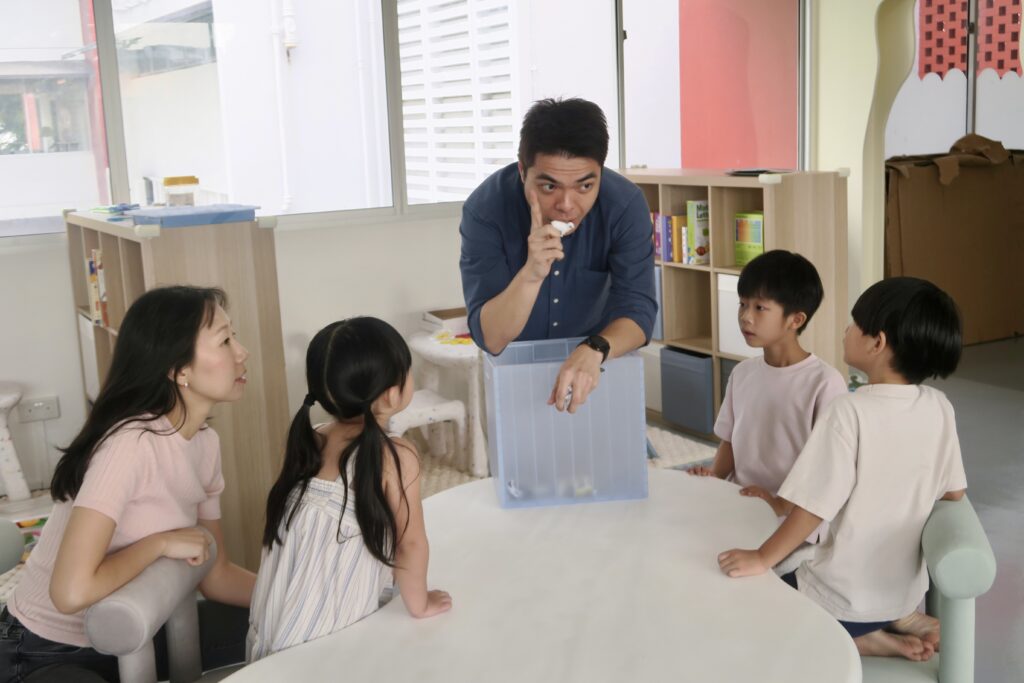
Social skills are the everyday abilities that allow children to connect with others. They include understanding social cues such as facial expressions or tone of voice, expressing themselves in ways that others can understand, cooperating with peers, and building friendships.
These skills are essential for children to participate confidently in group settings like classrooms, playgrounds, and family gatherings. Strong social skills also help children manage emotions, solve problems, and develop independence as they grow.
Parents often notice signs that their child may benefit from extra support with social skills.
These can include:
If your child shows some of these patterns, social skills training can provide targeted support and guidance to build confidence and stronger connections with others.
Social skills training is a structured and supportive process where children learn, practice, and apply positive social behaviours.
In our programme, we use evidence-based strategies from Applied Behaviour Analysis (ABA) to break down social behaviours into smaller, teachable steps. Children may learn through modeling, role-play, guided practice, and group activities.
Most importantly, we help them take what they have learned in the session and use it in real-life settings such as at school, home, or the community.
The aim is not just to teach a skill but to ensure children feel confident and independent in using it where it matters most.
Social skills are important at every stage of a child’s development, but the focus shifts as children grow.
The specific skills depend on age and developmental profile, but generally include:
Imitation, greeting others, initiating play, waiting, sharing, turn-taking
Following group rules, contributing in discussions, cooperative play, joining games, perspective-taking
Starting and maintaining conversations, asking relevant questions, active listening, understanding nonverbal cues, interpreting humour or sarcasm
Recognising and labelling emotions, managing frustration during peer interactions, resolving conflicts, and coping with teasing or rejection
Building deeper friendships, navigating peer pressure, sustaining long-term relationships, teamwork, workplace communication
Our Social Skills Programme is designed to go beyond teaching scripted responses. We want children to understand both what to do and why it matters, so they can adapt flexibly across situations.
What makes our programme unique:
Our goal is to give children the confidence and tools to connect meaningfully with others, build friendships, and succeed in the social world.
Disclaimer: This article is for informational purposes only and should not replace professional medical advice. If you have concerns about your child’s development, please consult with a qualified healthcare professional for proper assessment and guidance.
Book a free discovery call with us